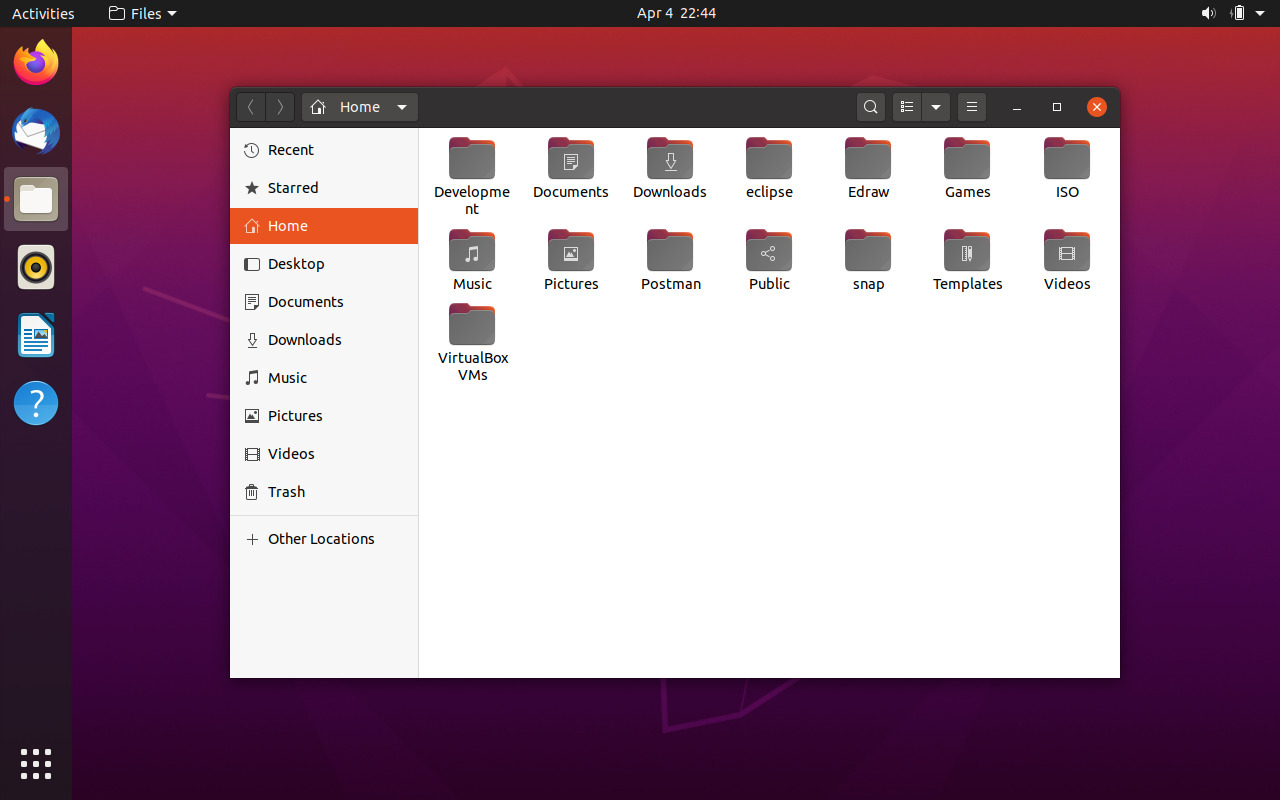

(requested version 1.72.0) with any of the following names:Īdd the installation prefix of "boost_python3" to CMAKE_PREFIX_PATH or set CMake Error at /home/gplates/miniconda3/envs/pygplates_p圓8/lib/cmake/Boost-1.72.0/BoostConfig.cmake:120 (find_package):Ĭould not find a package configuration file provided by "boost_python3"

I think it’s because the version of the system cmake is only 3.10 whereas conda’s cmake is 3.21 (and so it’s builtin FindBoost script has more bug fixes). Prior to that (on Ubuntu 18.04, same as you) I got the following error.
#Update cmake ubuntu 20.04 install#
One thing you can try in the meantime is to also install cmake via conda ( conda install cmake) and then run cmake again - I don’t anticipate this’ll make too much difference but worth a try.Īctually installing conda’s cmake worked for me. Then when I run python in my activated environment I can then import pygplates.īy the way, we should have a conda package available for the next pyGPlates release so that you don’t need to install the dependencies or compile pygplates, instead just running conda install pygplates.Īlternatively, you can use conda build. Then I set the PYTHONPATH environment to the location of the pygplates.so just built (it’s in the bin sub-directory, but you can copy it elsewhere). The CMAKE_PREFIX_PATH tells CMake to look for dependencies in the conda environment first before looking in the standard Ubuntu system locations. …where ~/miniconda3 is where I installed MiniConda3 (the default location). as usual, I run: cmake -DCMAKE_PREFIX_PATH:PATH=~/miniconda3/envs/pygplates_p圓8. Then I configure pygplates for compilation but instead of running cmake. As noted in the post below this is needed on Ubuntu 18.04 (but was not needed on 20.04), but it’s a good idea to do this anyway. Update: Also install cmake with conda install cmake. Then I install the pygplates dependencies: conda install qt qwt cgal gdal boost proj zlib glew Then I activate the pygplates_p圓8 conda environment: conda activate pygplates_p圓8 …in your case your environment is called pygmt. Then I created a conda environment called pygplates_p圓8 to build pygplates with: conda create -name pygplates_p圓8 python=3.8 conda config -add channels conda-forgeĬonda config -set channel_priority strict Here are the steps I’ve used to build pygplates using conda dependencies:įirstly I add the conda-forge channel and force the use of only conda-forge with strict channel priority (all pygplates dependencies are available on conda-forge, so this prevents mixing of channels). If not, then it’s best to install the dependencies using conda (when you’ve activated a conda environment). It looks like you have activated a conda environment (that you’ve name pygmt).ĭid you install the dependencies as Ubuntu packages or using conda? I’m assuming the former since you mention the DEPS.Linux file which only covers the former.


 0 kommentar(er)
0 kommentar(er)
